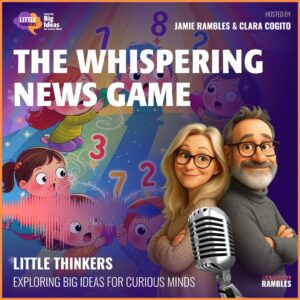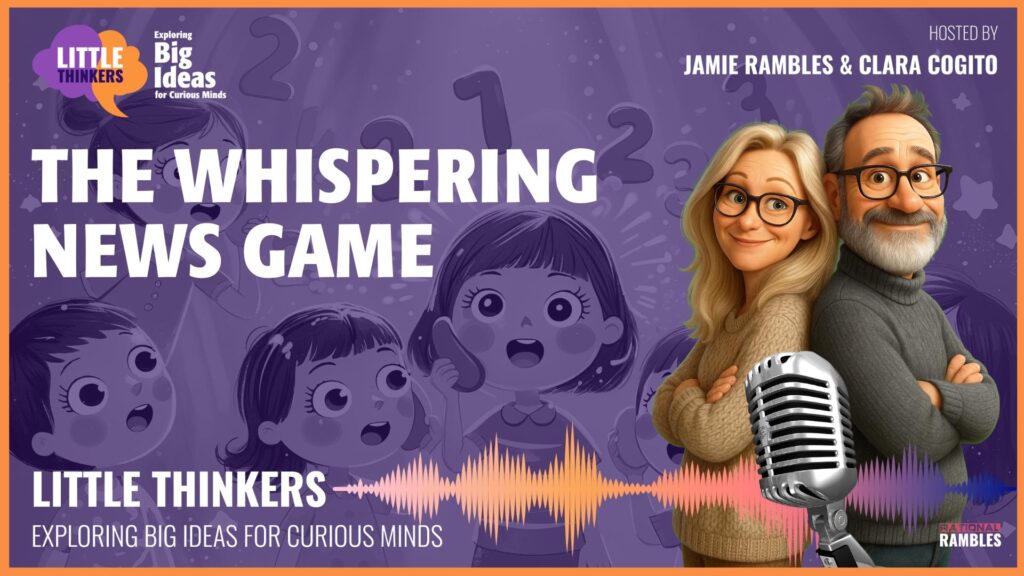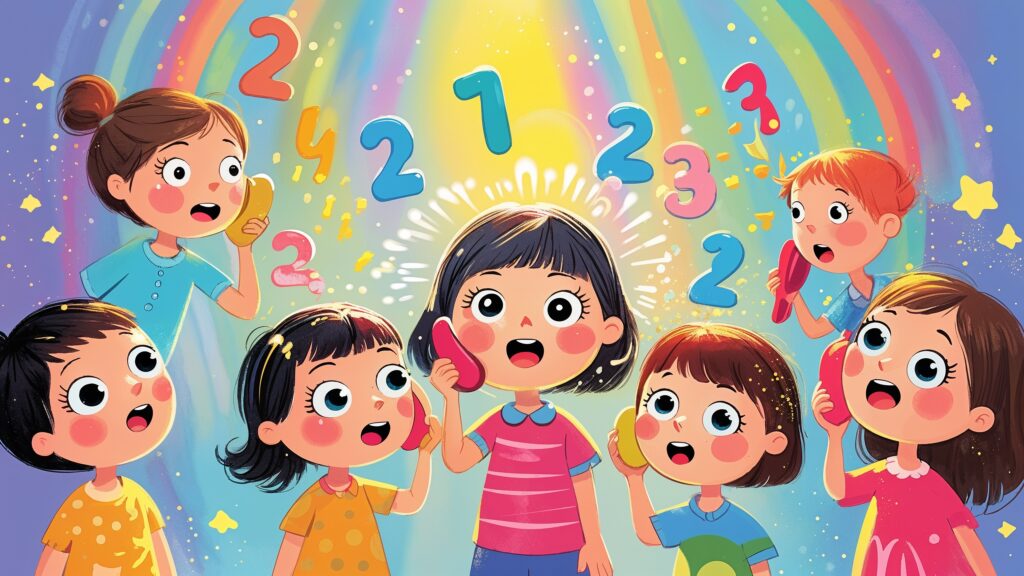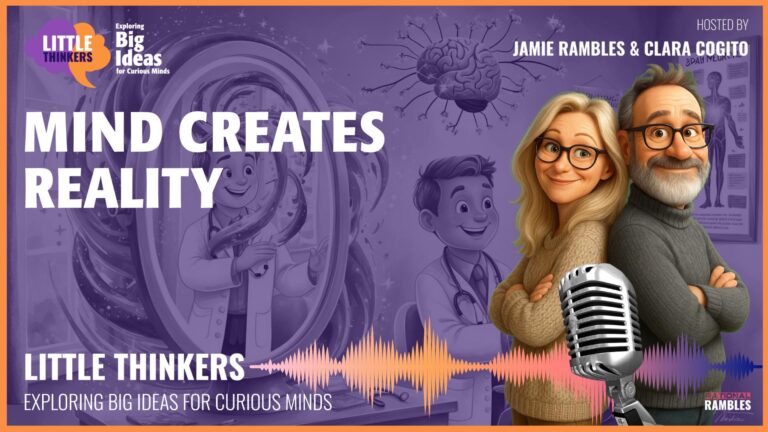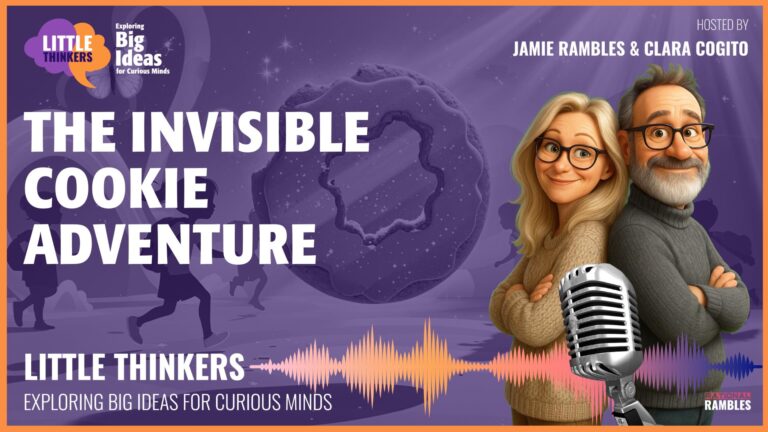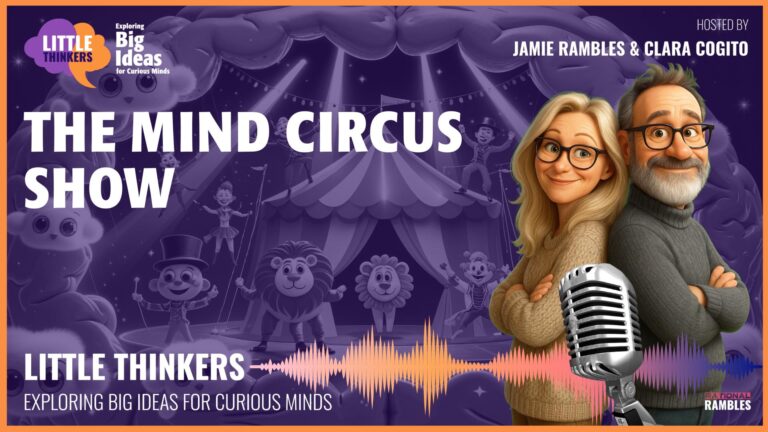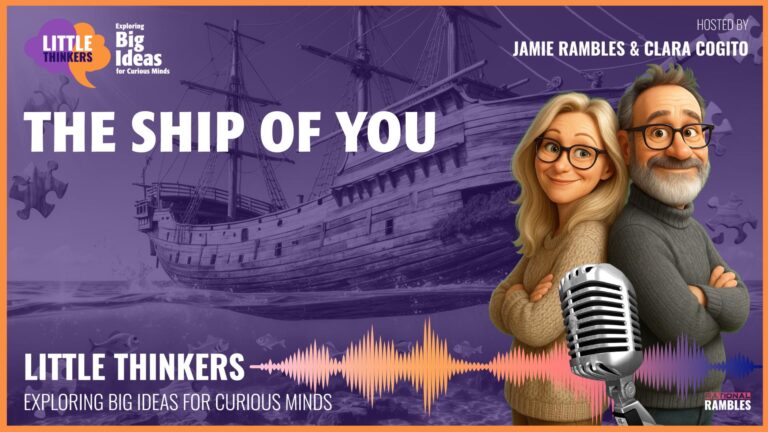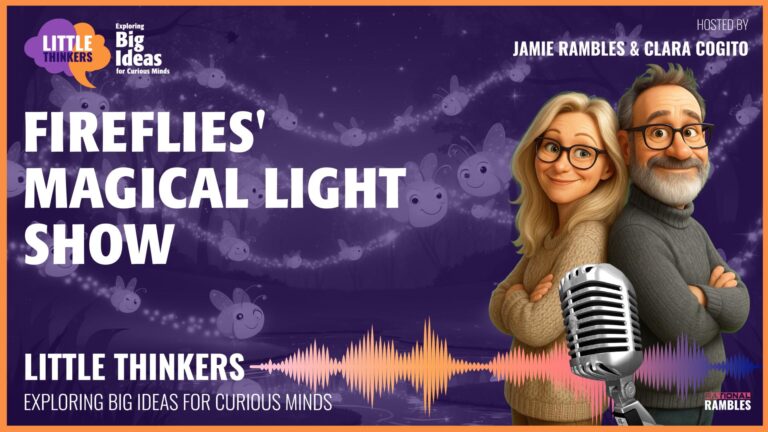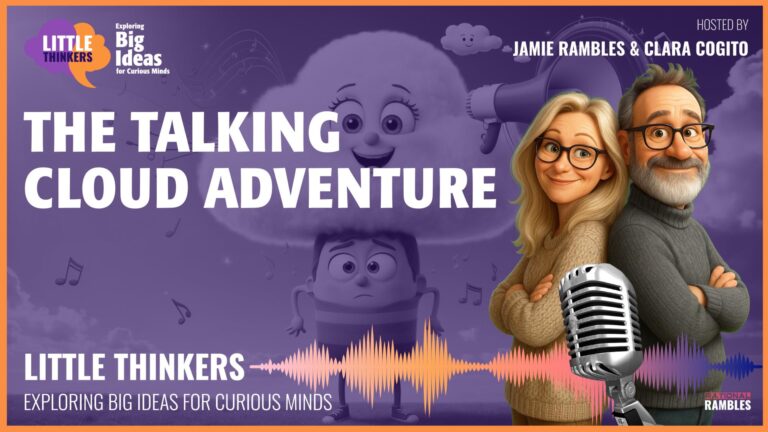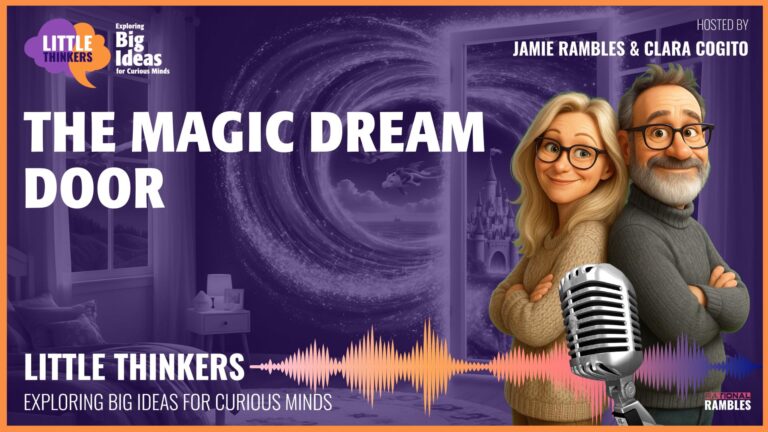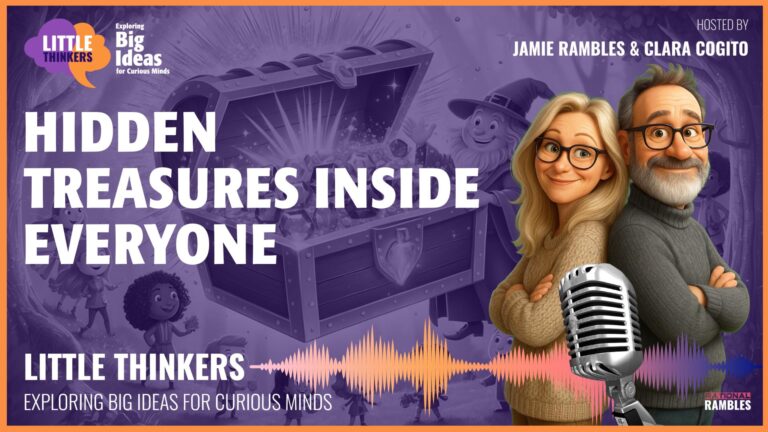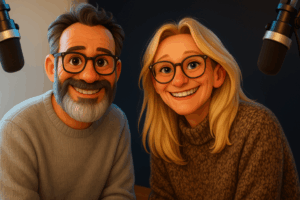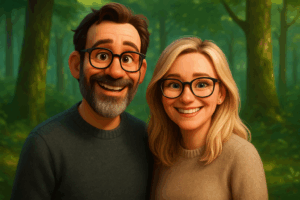The Telephone Game of News: How Stories Change as They Travel!
Have You Ever Played the Whispering Game?
Have you ever played the telephone game? That’s the super fun game where you sit in a circle with friends, whisper a secret message into someone’s ear, and then they whisper it to the next person. By the time the message reaches the last person, it’s usually completely different! “Elephants love purple popsicles” might somehow turn into “Eleven ducks are swimming in puddles!” WHOOPS!
But did you know that real news and stories can change in the same way? Let’s explore how information transforms as it travels from person to person – just like in our favorite whisper game!
Magical Story Counters
Imagine if you had magical hearing aids that could show you how many times a story has been repeated before it reached your ears. Some news might have a tiny number like 2 – meaning it’s fresh and hasn’t been told many times. Other stories might have a HUGE number like 500! That would mean the story has passed through 500 people before reaching you!
Which story do you think would be more accurate? The one that traveled through 2 people or 500 people?
Story Freshness Rating
Think of stories like fruits:
- A story coming straight from the source is like picking an apple right from the tree – fresh and perfect!
- A story that’s been through 50 people is like an apple that’s been handed around by 50 different people – it might have some bruises!
Why Do Stories Change When They Travel?
Our brains don’t work like perfect copy machines. Each time we hear a story and tell it again, we might change it without even realizing it! Here’s why:
Our Memory Is Leaky
Scientists have discovered something amazing: after a story passes through just 4-6 people, it can lose about 70% of its details! ZOINKS! That’s like starting with 10 puzzle pieces and ending up with only 3!
Your brain has a special part called the hippocampus (that’s a funny word that means “sea horse” because it’s shaped like one!). This part helps store memories, but it can only keep so many details before some start slipping away.
Our Brains Love Excitement
Our brains are like entertainment-seeking machines! They pay more attention to stories that are exciting, scary, or surprising. That’s why a boring story like “Someone saw a turtle crossing the road” might turn into “A GIANT TURTLE was found SKATEBOARDING down Main Street!”
This happens because our brains remember unusual things better than ordinary things. When was the last time you remembered what you had for lunch three Tuesdays ago? But you’d definitely remember if a monkey served you that lunch!
Become a Story Detective!
Just like detectives solve mysteries, you can be a story detective who figures out if news has changed as it traveled. Here are some super detective clues to look for:
Clue #1: Super-Specific Details
Be suspicious when stories have extremely specific details that seem too perfect. If someone says, “EXACTLY 1,732 purple monkeys were dancing on the school roof at PRECISELY 3:42 pm!” – that’s probably a clue that the story has grown in the telling.
It’s like how a fish story gets bigger every time it’s told: “I caught a fish THIS big!” *arms spread wide*
Clue #2: Different Versions
If five people are all telling the same story differently, that might mean the original story has gotten mixed up along the way – just like in the telephone game!
Imagine five friends all describing a movie they watched together. If their descriptions are totally different, something fishy is going on!
Clue #3: Too Many People Between You and the Source
When you hear something like “My friend’s cousin’s neighbor’s dog walker said…” – that’s a LOT of people for the story to travel through!
Try to find the original source – the first person who actually saw or experienced what happened. That’s like following a river all the way back to where it starts!
The Super-Speed News World
A hundred years ago, news traveled slowly – it might take days or weeks for stories to move between towns. People would have to wait for letters or newspapers to arrive by horse or train!
But today? WHOOSH! With the internet and phones, news can zoom around the entire planet in minutes! That’s like the world’s biggest telephone game happening at lightning speed.
This means exciting stories – both true AND untrue ones – can spread faster than ever before. It’s like if someone dropped a bottle of purple paint in a river – it would quickly spread throughout all the water!
Try This Experiment!
Want to see how stories change? Try this fun experiment with friends:
- Get 5-10 friends to sit in a circle
- Write down an original message with several details
- Whisper it to the first person
- Let it travel around the circle
- Have the last person say the message out loud
- Compare it to your original message!
Try different types of messages: Simple ones like “The cat is black” might not change much, but complicated ones like a recipe or a story about your weekend might change a lot!
Animals Pass News Too!
Did you know that animals also share information? Bees do a special waggle dance to tell other bees where to find flowers with good nectar. Prairie dogs have specific alarm calls that mean “Human coming!” or “Hawk overhead!”
But animal messages are usually simpler – like “Danger here!” or “Food there!” – so there’s less room for the message to change. Still, we wonder if the 50th bee sometimes gets confused and flies to the wrong flower!
Your Super Brain Powers
You have an amazing superpower – your thinking brain! When you hear a surprising story, you can activate your brain’s “fact-checking powers” before believing it or telling it to others.
Here’s how to use your superpower:
- Ask: “Where did this story come from?”
- Wonder: “Has it changed as it traveled?”
- Question: “Does this make sense?”
- Check: “Can I find the original source?”
And remember, it’s completely OK to say “I’m not sure if that’s true” when you hear something that sounds fishy. Being careful about what stories you believe and pass on makes you a responsible story-keeper!
What If We Had Story Freshness Labels?
Wouldn’t it be amazing if all news came with special tags that showed how close it is to the original source? Kind of like those “Best By” dates on food!
Imagine reading: “This news is only 2 steps away from the source: SUPER FRESH!” versus “This story has been passed through 50 people: CAUTION! May contain major changes!”
Until someone invents that technology, your brain is the best tool for figuring out what’s true!
What Did We Learn About News Travels?
We’ve discovered that stories often change as they travel – just like in the telephone game. The more people a story passes through, the more different it might be from how it started!
We’ve learned to be story detectives who look for clues about how reliable information might be. And we know that our brains love exciting stories more than boring ones, which can sometimes trick us into believing things that aren’t actually true!
Your Turn to Wonder!
Next time you hear an interesting story or piece of news, put on your thinking detective hat! Where did the story come from? How many people has it traveled through? Does it sound too amazing to be true?
Remember that you have the power to be careful with stories. Your brain is an amazing tool for figuring out what’s true. Ask questions, check sources, and be a responsible keeper of stories!
The world needs good story detectives like YOU!


